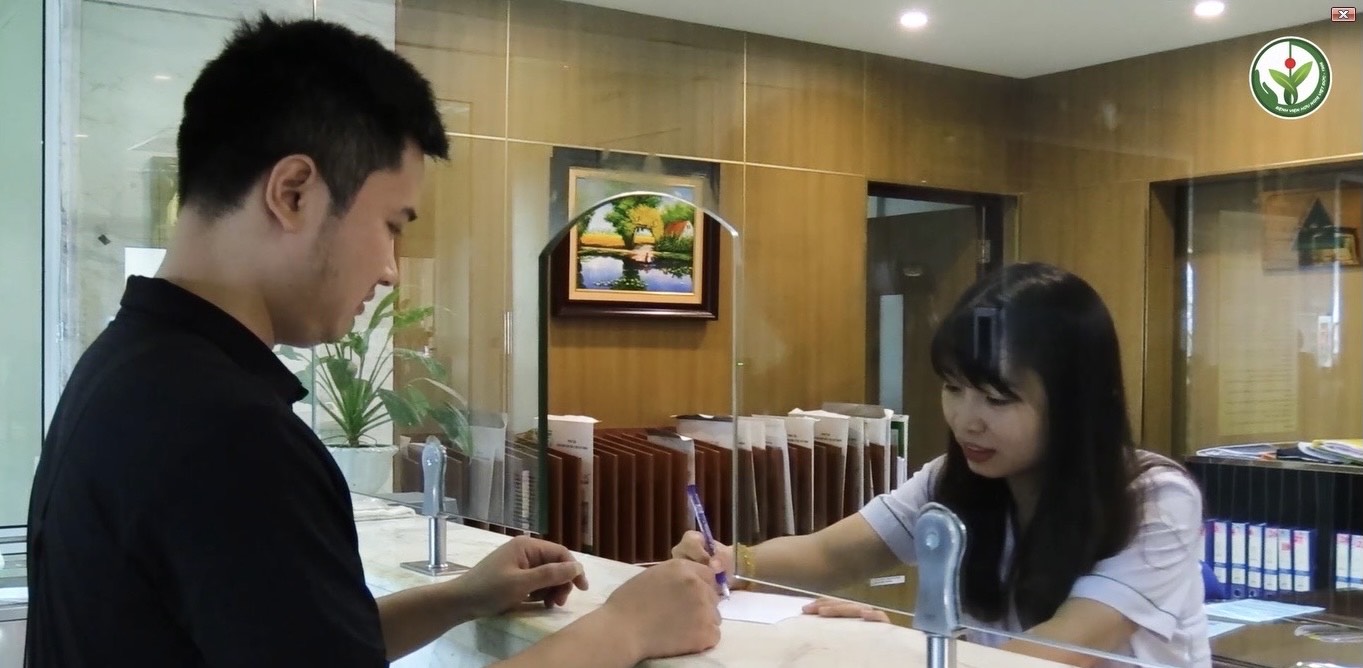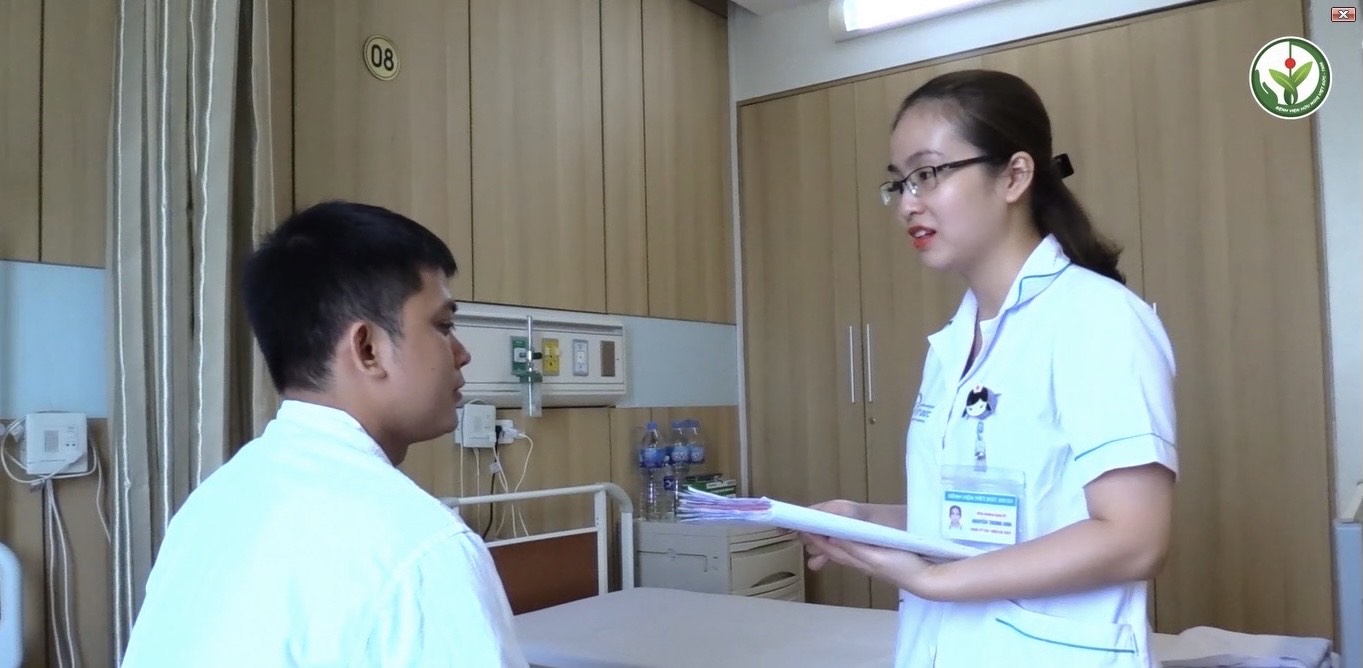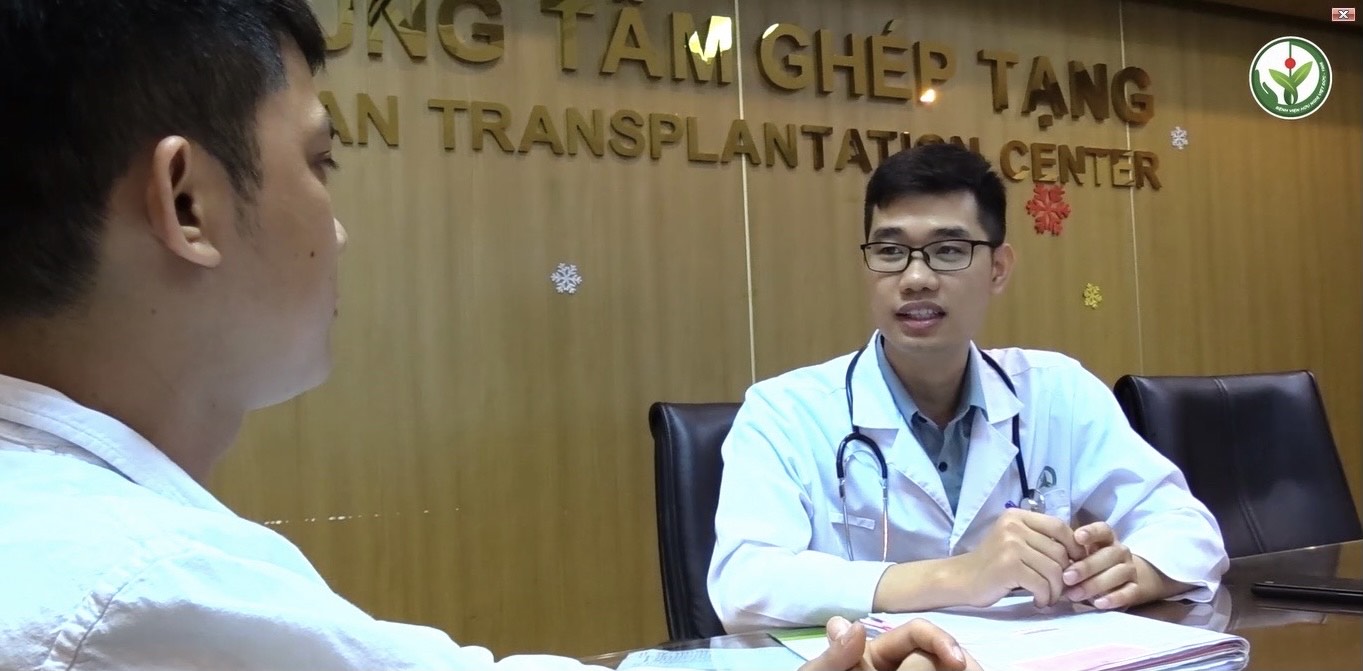Things the patients should know before the surgery’day
09/03/2021 08:53
Preparation before, during, and after surgery is extremely important. This is the moment patient needs to have the best possible preparation both physically and mentally for undergoing the operation. So the patient and family should get clear about the the pre, during and postoperative preparation process to optimize care, treatment, and prevent factors that cause the surgical or anesthesia risks
This document to guide the patients to prepare before, during and after surgery at Viet Duc University Hospital to provide sufficient information to help patients / their family members understand the process to make necessary preparation and minimize their concern as well.
Things to know before surgery
- For any change about general status, patient/relatives need to contact with the hospital and follow instructions from medical staff.
- Prescription might be given after consultation (if necessary).
- Patient should take the medications according to doctor’s instructions
- Tests such as: blood test, X-ray, abdominal ultrasound, endoscopy, ECG, MRI, CT Scanner, echocardiography (if necessary) need to be completed prior the surgery.
Things to do before surgery:
- To take in sufficient nutrition: Patient needs a proper, adequate diet for their body to resist from infection and to well recover after surgery (according to instructions from medical staff)
- To think positively.
- To sleep early and adequately (at least 8 hours/day).
- To practice respiratory physiotherapeutic movements such as: deep inhalation, slow breath, cough and expectoration
- To practice on the bed with movements for bending, folding and stretching the limbs.
- To bring all patient’s personal documentation such as: medical insurance card, referral paper from original hospital, identity card (still valid) or pupil ID card with photo and seal of local government for children over 6 years old. For those below 6 years old, parents need to provide their identity card. All documents need to be proven in 24 first hours since admission.
- To contact with insurance company to check out about the payment list according to company policies as well as requiring procedures to claim.
- To accompany with relative/tutor to support when necessary (for the safety as well as legal reasons)

Things not do before surgery:
- Don’t smoke: Patient might have respiratory troubles during or after operation and have the high risk of pneumonia. Smoking reduces the blood circulation, slows down wound healing process and makes the incisions to be more susceptible to infection.
- Don’t drink alcohol, beer, coffee: Drinking alcohol, beer will affect the recovery process and cause hemodilution, bleeding or surgical site infection as well as affect patient’s immune system.
- Don’t wear precious and expensive jewelry during the hospitalization (Do bring only what necessary for the payment and other incurred expenses).
- Don’t bring blanket, curtain, thermos flask, big bag…
- For some special medications prescribed by doctors such as anticoagulant… patient has to follow the instruction from doctors.
- If patient has any signs of fever/cold, menstruation or any other abnormal sign 1 day before surgery or patient/relatives want to postpone the operation date, please contact to the department for any further advices and assistance (if needed).
- Don’t shave the surgical site 7 days before surgery because it might lead to bacterial presence.
The services are not covered by health insurance:
On-demand surgery including: out of hour surgery, request for experts, , surgeon, time and date chosen) with costs depending on the type of surgery, Postoperative analgesic service; Private room ; Food and drink onsite ; Hair washing; Ambulance and transportation accompanying by staff (if needed)

- Admission day:
- Patient will come to the department’s office to receive the documents and to complete administrative process.
- Please come to the hospital on time, with a relative, brings all prescriptions and reports to doctors/nurses about currently used medications (if so). Patient will come to the department’s office to receive documents, to pay for deposit, to present medical insurance (if available) and to complete administrative process such as signing the consent forms, completing the medical records, providing additional documents. Then, patient will be assigned in patient wards or private bed for those with special needs.
- Proper linen will be served daily and whenever gets dirty. It should be noted that patient needs to stay in bed/in the room and does not leave the ward without permission. In case the patient has to go out, please notify the medical staff and to sign in the medical record.
- Patient will be instructed about clothes and linen delivery procedures and about regulations of department/service.
- Patient ID card will be worn to patient by medical staff and be kept throughout treatment period in order to avoid the confusion among patients. Patient will also be instructed and informed about hospital and department regulations.
- Patient will be consulted by anesthesiologist prior surgery day. Depending on specific case, general or local anesthesia will be indicated by anesthesiologist. Anesthesiologist will discuss about the general/local anesthesia type with patients depending on priorities as well as health condition, age and type of surgery that will be performed. Patient/relatives request for a postoperative analgesic service package will be made at this time if so.
- Patient/relatives will be explained by surgeon about planned surgical protocol and potential complications and also be answered to questions about disease, operation and treatment.
Before surgery, patient was explained by surgeon about surgical procedure and potential complications
- Patient will be instructed about diet, medication (if necessary), fasting protocol, preoperative preparation, hygiene, surgical site dressing …
- Patient/relatives will be explained by medical staff all their questions, concerns to feel secure about the operation.
- Complete additional tests (if needed)

Depending on each specialty and on each individual patient, surgeon and anesthesiologist will indicate preoperative fasting protocol. It helps to prevent foreign object or vomit to be aspirated to the airway causing choked and even life threatening condition. So, strict follow instructions from anesthesiologist and surgeon is very important. For emergency cases or if patient has taken food or drink recently, anesthesiologist has to evaluate the risk of inhaling foreign objects during anesthesia. Even for cases of local anesthesia, compliance with those fasting instructions is also important due to the possibility of conversion to general anesthesia. Depending on each specialty and each individual patient, surgeon will indicate enema any time before the operation











